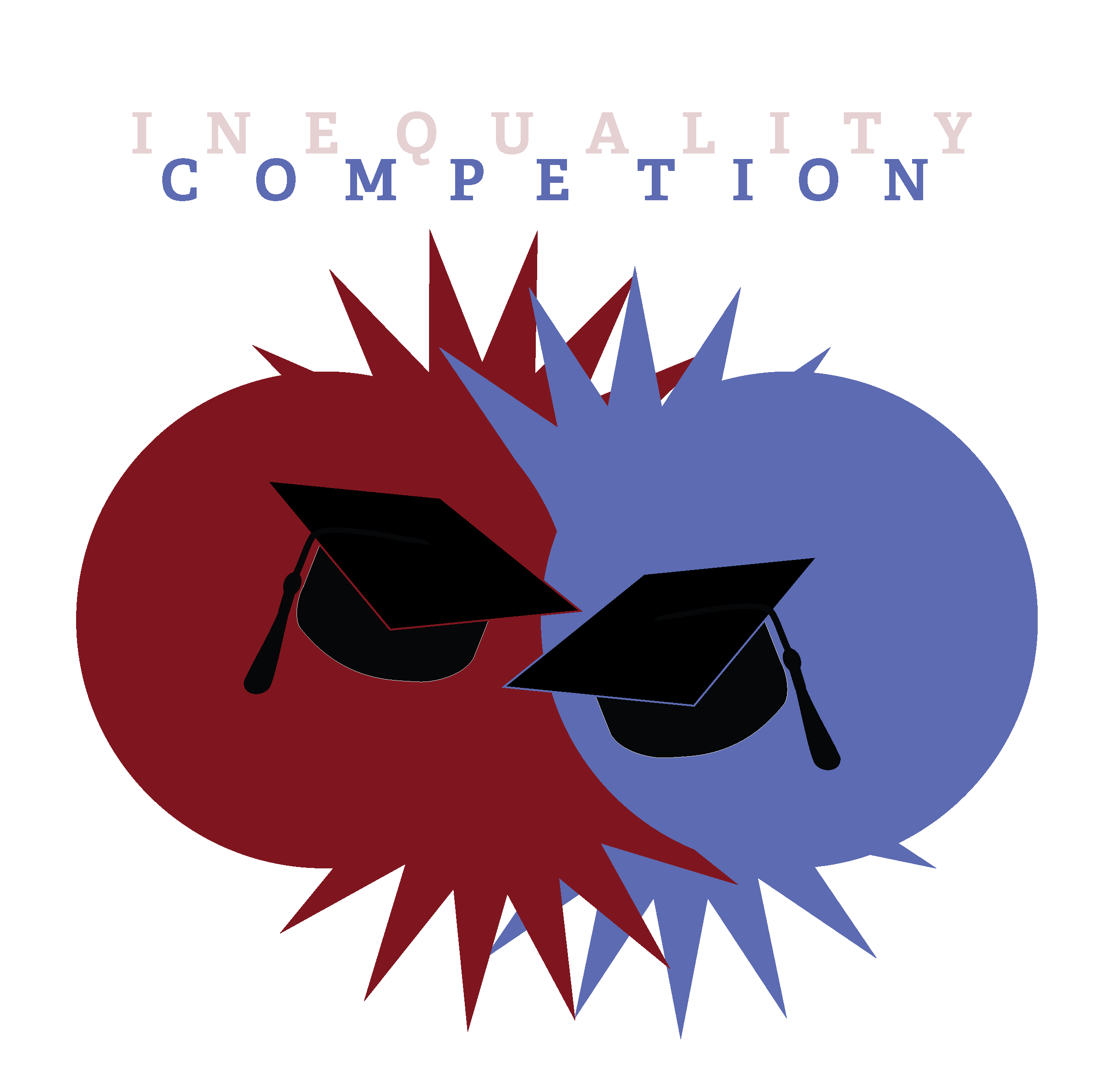“Because we have decided a unit of money represents a portion of inclusion within the system, when a person accumulates a great deal of money, they also have a greater degree of inclusion or representation.”
Money represents a social agreement, which has implications for how we value wealthy people. Bitcoin replaces the need for this social agreement with technology, and in doing so challenges the values we ascribe to wealth.



